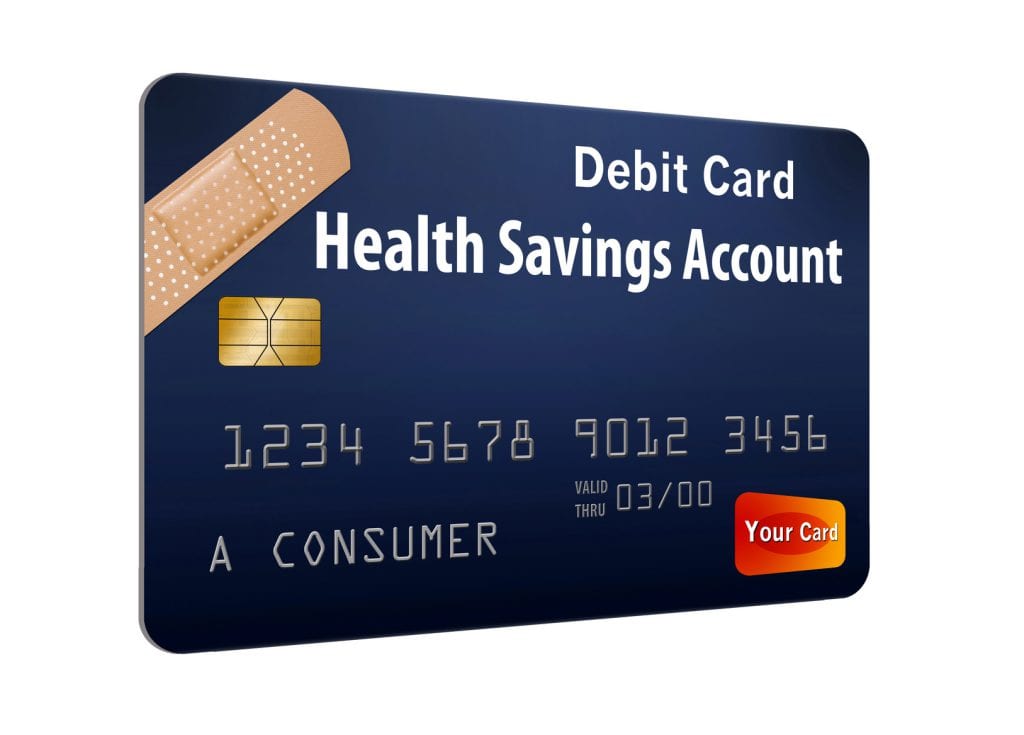Although many European countries continue to suffer from poor economic and financial conditions, MasterCard has seen an unmistakable rise in consumers using their credit and debit cards, shrugging off concerns over the sovereign debt crisis and pointing to an increasingly cashless society.
Ann Cairns, president of international markets at MasterCard, reaffirms this notion in a Bloomberg article:
“Our business in Europe has been growing really well, the sovereign debt issue isn’t affecting consumer confidence in the way that it might.”
To reinforce this statement, Cairns pointed to the nearly 10 percent increase in the value of transactions on a local currency basis, which reached $1.1 trillion in 2012. Furthermore, Cairns suggested MasterCard expects between an 11 to 14 percent net revenue compound annual growth rate for 2013.
With the 17 nation economy forecasted to shrink 0.3 percent in 2013, marking the first back-to-back decline since the introduction of the Euro in 1999, MasterCard’s announcement comes as a bit of a surprise. Cairns, however, believes MasterCard is inoculated against the economic uncertainty by the larger consumer trend towards a cashless society.
“Our business isn’t just credit cards,” says Cairns, “We’re consumer payments and despite sovereign debt, consumer payments continue to grow in the economy.”
Not all news out of Europe was positive for MasterCard as French regulators affirmed their desire to force MasterCard to reduce fees it charges merchants when accepting payment cards. Unless MasterCard agrees to reduce its interchange fees in the near future, the French Competition Authority intends to begin legal proceedings.
While the Eurozone’s economic and financial difficulties are well documented, MasterCard’s gains show European consumers are increasingly turning to payment cards as their primary payment instrument despite uncertainty with many leading banks across Europe and in Spain and Cyprus in particular. When the Eurozone eventually beings to rebound, consumer spending on payment cards will only increase, making the cashless society closer to reality.
Click here to read more from Bloomberg.
